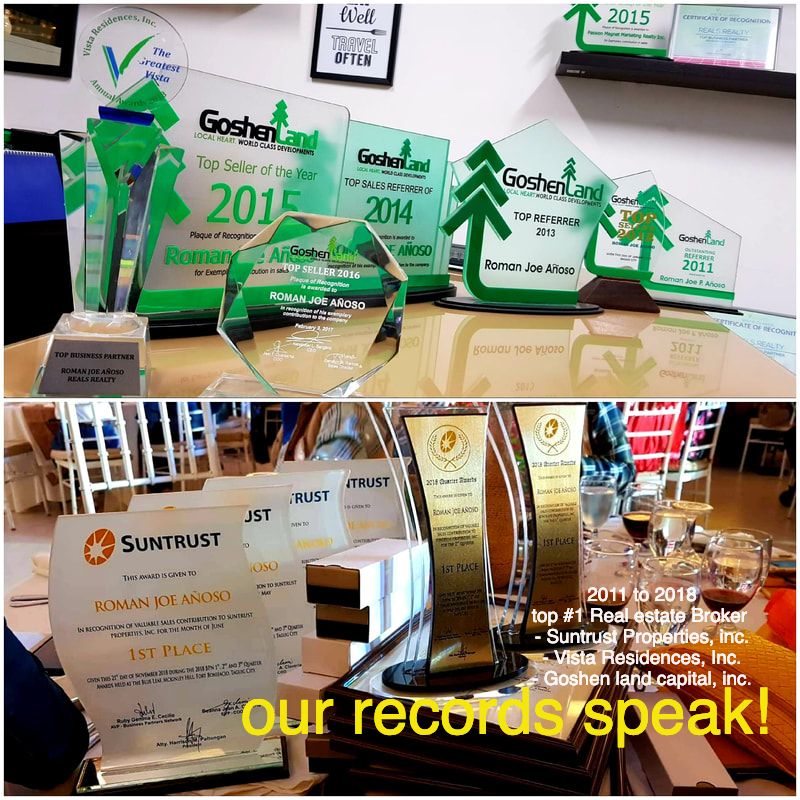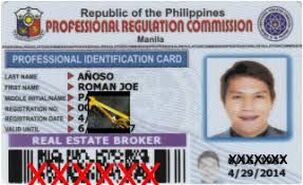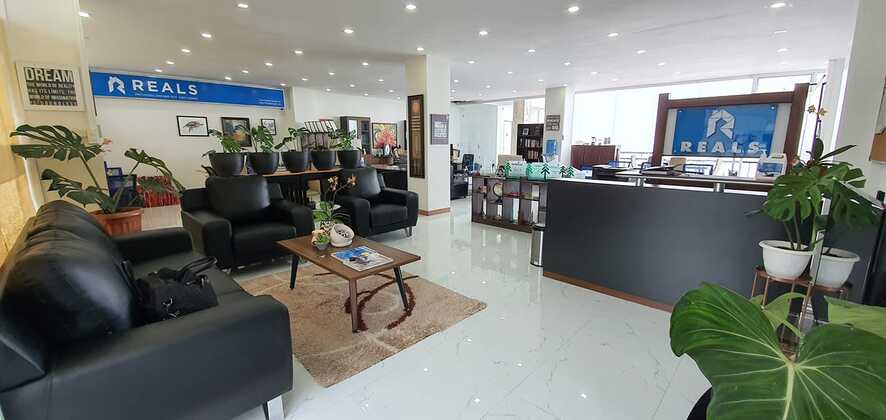Incredible Sights In Baguio CityKnown as the City of Pines, Baguio is a beautiful place with an incredibly cool climate, towering pine trees, and a serene atmosphere. It is considered an increasingly more urbanized area that still lets its residents come closer to nature – little wonder that more and more people are looking for a house and lot in Baguio City and thinking about relocating there permanently! Whether you’re thinking about talking to a real estate agent in Baguio City, or just want to stay for a spell, there are some must-see places in the Philippines’ Summer Capital that you should check off your bucket list! Here are some of Baguio’s most famous things to see and do. 1. Mines View Park This place is considered one of the most famous tourist attractions in Baguio, offering a sweeping view of Baguio’s old mines. There’s a charming picnic area where you can eat an al fresco lunch. Treat yourself to Baguio’s famous strawberry taho here, or try on some traditional Ifugao clothes and take some photos! 2. Burnham Park Stroll through the picturesque gardens of Burnham Park, or go for a ride in its quaint swan boats down its artificial lake! You can also go for a jog or start biking in this peaceful park – its cool breezes are perfect while you’re taking in the great outdoors! 3. Camp John Hay Camp John Hay has transformed into a tourist haven complete with shopping destinations, the pine views of Baguio, and delicious dining options. But adrenaline junkies will love going for a tree-top adventure here! Try some ziplining or go on a motorized canopy tour here! 4. Good Shepherd Convent What’s Baguio without the Good Shepherd Convent? Many tourists looking to bring a tasty souvenir home flock here for the famous strawberry jam, ube jam, peanut brittle, and alfajores. Come early for their variety of delicious baked goods, as the queues tend to get very long – especially in the peak tourist season of summer. 5. Tam-Awan Village This model village is built with Kalinga houses and Ifugao huts, meant to resemble a traditional village in the Cordillera region. Get your portrait sketched, check out the local knitted or wooden handicrafts, or interact with the locals to learn more about their traditions and culture. 6. Baguio Night Market No entrance fee necessary to score bargain buys at this well-known thrift spot! From 9 p.m. to 2 a.m. a portion of Harrison Road becomes home to dozens of little thrift stores and street vendors, all hawking vintage finds and even luxury pieces at knock-down prices! It can get a little dusty and crowded, but the deals make it worth it. These six attractions are just a few of the amazing things you can visit and experience in Baguio City. Go for a visit to check them all out, or rent a condominium in Baguio City to have more time to get a feel for life in this breezy, bustling city. It’s so full of history and wonderful natural sights, you may not want to leave once you’re there!
0 Comments
how's tourism of Baguio?With the number of attractions and the wonderfully cool climate, it’s no wonder that so many people are looking for a condo or a house and lot in Baguio City. With temperatures going no higher than 26˚C on regular summer days, it can be pretty tempting to visit – or even move there, if you can get a good deal from a real estate agent in Baguio!
You can spend whole days just chilling in the parks and going for breezy walks, but you should definitely check out the various tourist attractions. Here are some spots that you shouldn’t miss!
Check into a hotel or rent a condominium in Baguio City, then see for yourself why these Baguio attractions remain so popular with local and foreign visitors alike! These are just a few of the things to see and do in the enduring summer capital of the Philippines – there's much more to explore once you’re there! Who knows? You may enjoy your stay so much that you think of settling in this serene, cool city permanently! Buying of real property will be dramatically affected by this bill.On March 26, 2021, President Rodrigo Roa Duterte signed the Corporate Recovery and Tax Incentives for Enterprises (CREATE) Law, also known as Republic Act 11534. The purpose of the law is to lower income tax for corporations, in order to facilitate economic recovery amidst the continuing COVID-19 pandemic and its effect on local businesses.
Despite signing it into law, President Duterte vetoed nine provisions in the law – an act confirmed by presidential spokesperson Harry Roque told reporters. The law, which reduces corporate income tax from 30% - the highest rate in Southeast Asia – to 20% for micro, small, and medium enterprises. Income tax is reduced to 25% for large corporations. These cuts are aimed to provide relief for businesses and hasten fiscal recovery. There were nine provisions vetoed by President Duterte. The first aimed to provide a VAT (value-added tax) exemption for low-cost and socialized housing. Duterte explained the reason for the thumbs-down: “[T]his will benefit even those not originally targeted for the VAT-exemption—those who can actually afford proper housing. This results in a tax exemption that is highly distortive and exacts a heavy price on the taxpaying community.” He also claimed that such a provision could be abused by parceling land into lots of sizes that would fall within that exemption threshold, resulting in lost revenue for the government. The second item that Duterte vetoed was the proposed 90-day period for processing general tax refunds. He cited the possibility of erroneous processing of refunds, as well as potential administrative difficulties in its implementation by the Bureau of Internal Revenue (BIR). President Duterte also vetoed the suggested Php1-billion threshold that investments would need to meet in order to be approved by the Fiscal Incentives Review Board (FIRB). Among the remaining items vetoed was the automatic approval of incentives by the FIRB if no action had been taken within 20 days from submission. “Automatic approval of applications is contrary to the declared policy to approve or disapprove applications based on merit,” said President Duterte. “The FIRB or the investment promotion agencies, as the case may be, should be allowed to carefully review the application for tax incentives since these are privileges granted by the State.” The remaining items all covered the proposal to allow existing registered activities to apply for new incentives for the same activity; certain industries under activity tiers; powers for exempting investment promotion agencies from the proposed reforms, and limitations on the FIRB’s various powers. Under the CREATE Law, domestic market enterprises will have up to 12 years of incentives, including up to seven years of income tax holiday. Its application will be retroactive from July 2020, allowing corporate taxpayers to start preparing and save on their annual tax payments. The chief author of the bill which led to the CREATE Law is Albay Second District Rep. Joey Salceda, who has high hopes for the law’s passage and its ability to help the economy out of its current slump. “Create has been created,” Salceda said. “This is one of the pins of light signaling the end of this dark economic tunnel.” |
Archives
July 2024
Categories
All
|
Hi! Welcome to our website. Having an agent/broker on your real estate search is a gift because with or without them the price of the property is always the same. They give you FREE SERVICE and only pure service. On your part, everything is to gain. Claim your gift now! :)
meet your Real estate Broker Partner:
Roman Joe Anoso, RN, REB
Real estate Broker PRC license number: 19887
HLURB registration number: CAR-B-05/21-029
HLURB registration number: CAR-B-05/21-029
Roman joe Anoso is a multi-awarded real estate broker, consistent Top #1 for 8 years to date, being recognized by the following companies:
Suntrust Properties, Inc.
- Overall Nationwide Top # 1 Real estate broker year 2018:
Vista Residences, Inc.
- Overall Nationwide Top # 1 Real estate broker year 2017:
Goshen Land capital, inc.
- Overall Nationwide Top # 1 Real estate broker year 2011 to 2016:
Suntrust Properties, Inc.
- Overall Nationwide Top # 1 Real estate broker year 2018:
Vista Residences, Inc.
- Overall Nationwide Top # 1 Real estate broker year 2017:
Goshen Land capital, inc.
- Overall Nationwide Top # 1 Real estate broker year 2011 to 2016:
office address: REALS Corporation, Barangay Dontogan, Baguio city, 2600
personal: +63917-5645-863
viber/whatsapp: +63917-5645-863
add him on facebook (CLICK HERE)
office landline: 074-442-2353 (for clearer conversation)
email: [email protected]
skype: romankat2
website: www.realestatebaguio.com
personal: +63917-5645-863
viber/whatsapp: +63917-5645-863
add him on facebook (CLICK HERE)
office landline: 074-442-2353 (for clearer conversation)
email: [email protected]
skype: romankat2
website: www.realestatebaguio.com
official Real Estate Brokerage Website of REALS Corporation
for our affiliate program CLICK HERE
for our affiliate program CLICK HERE

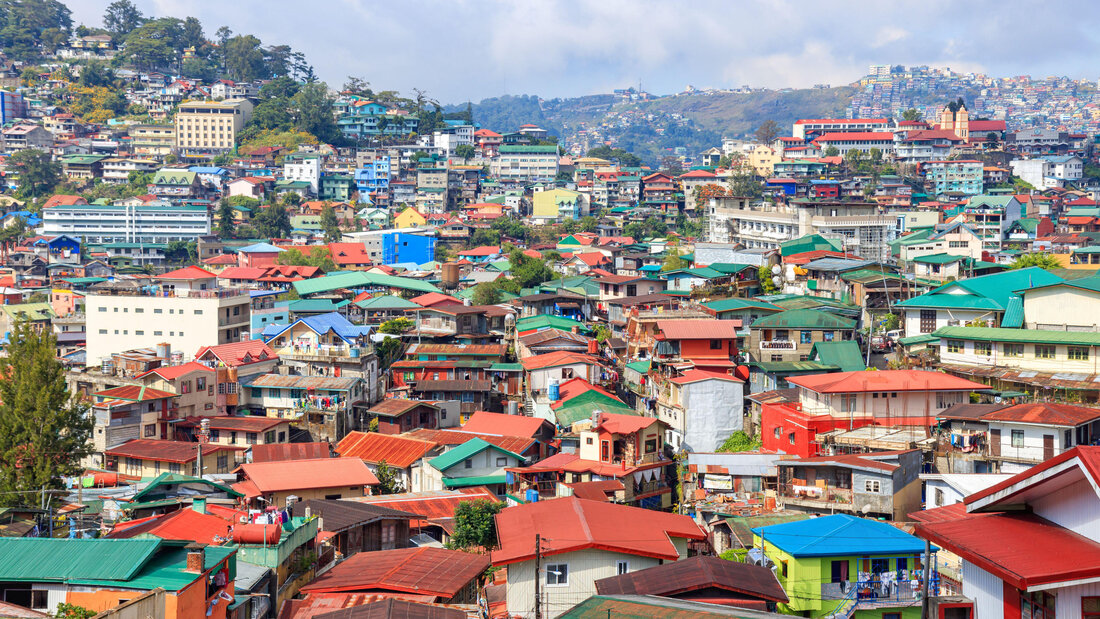
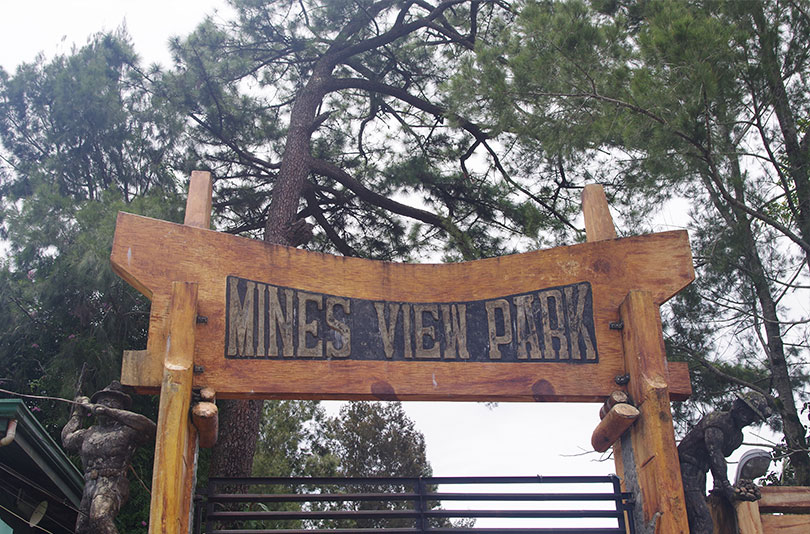
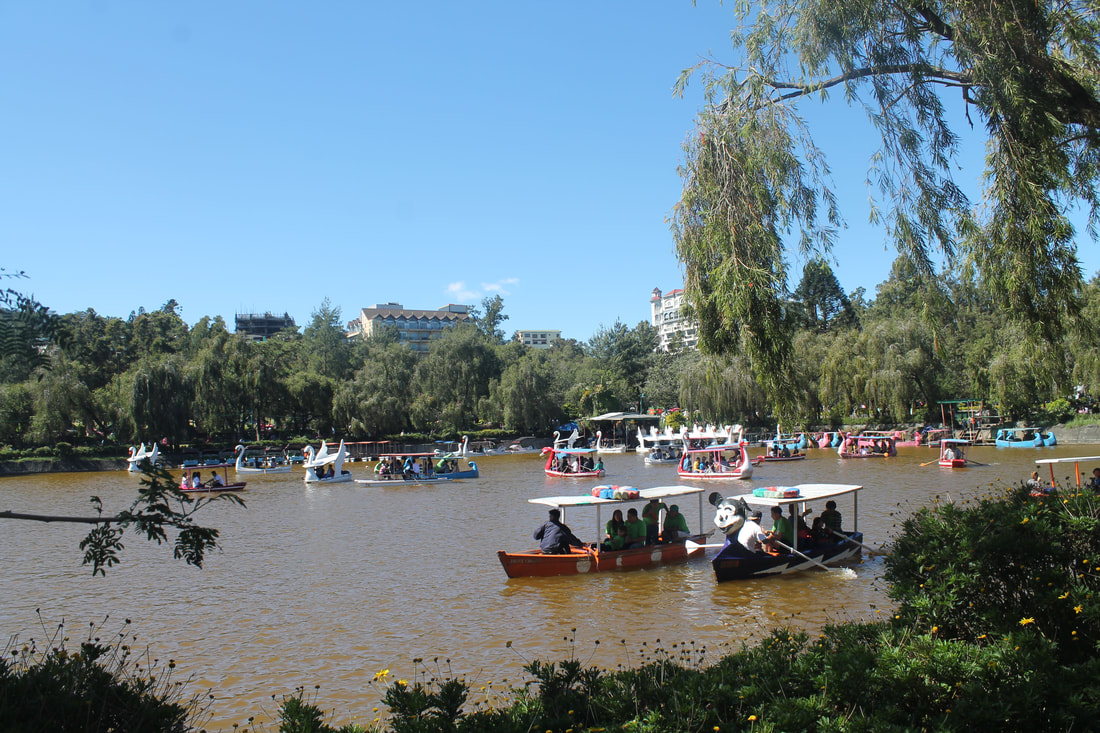
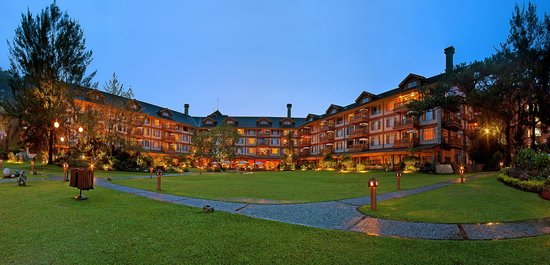
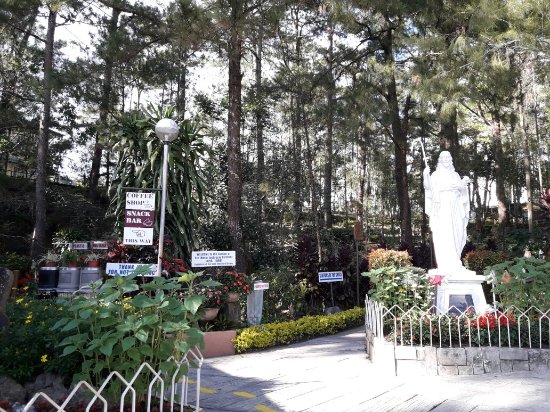
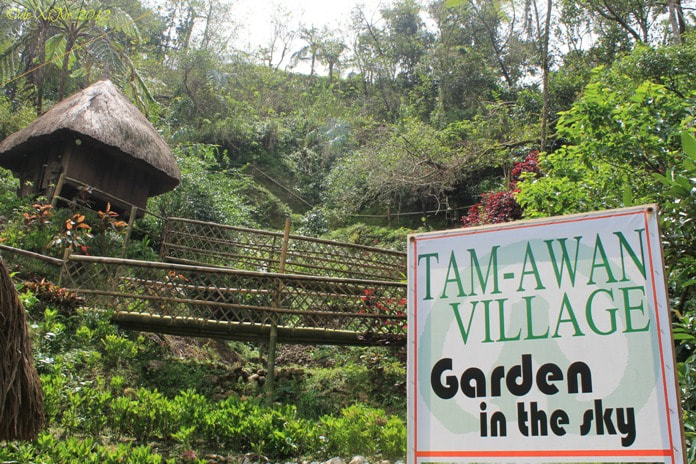
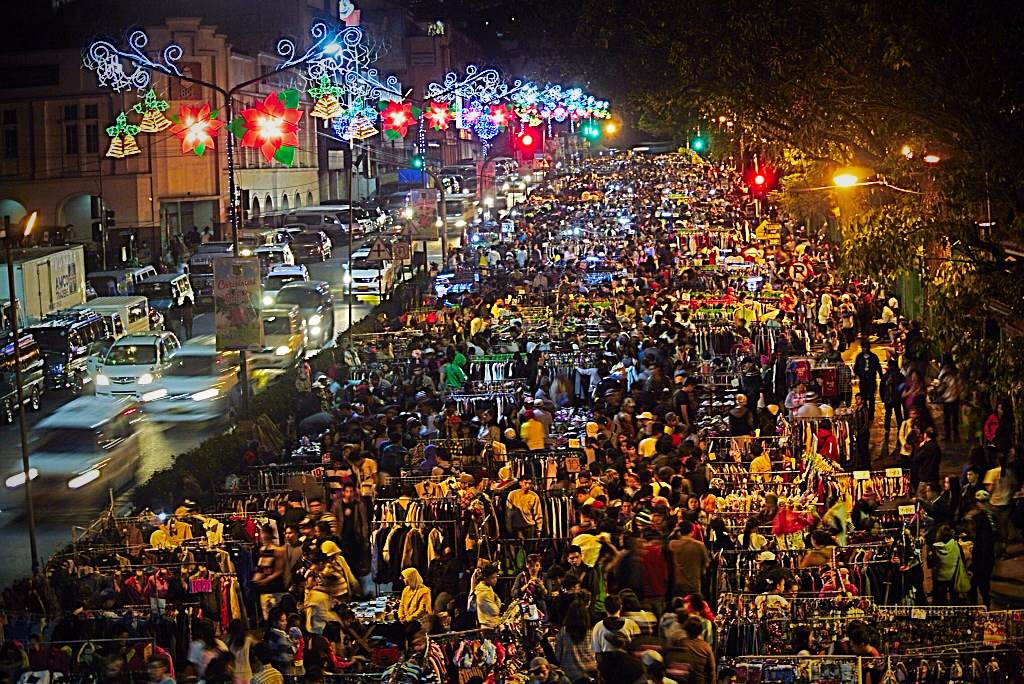
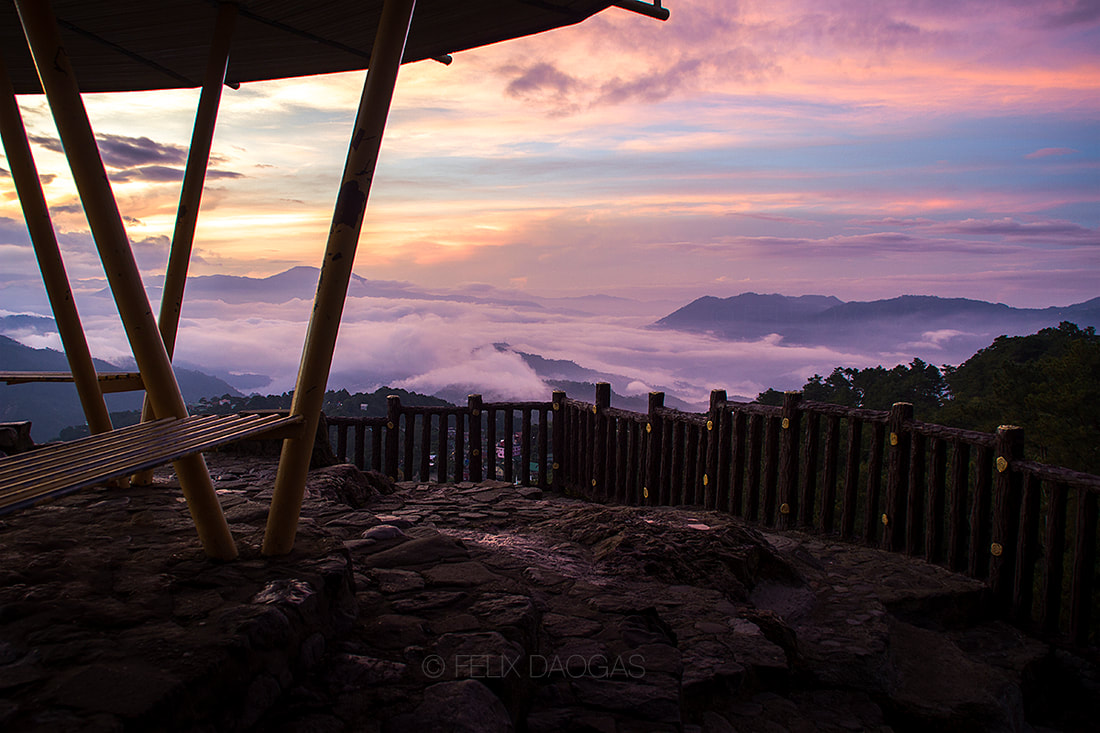
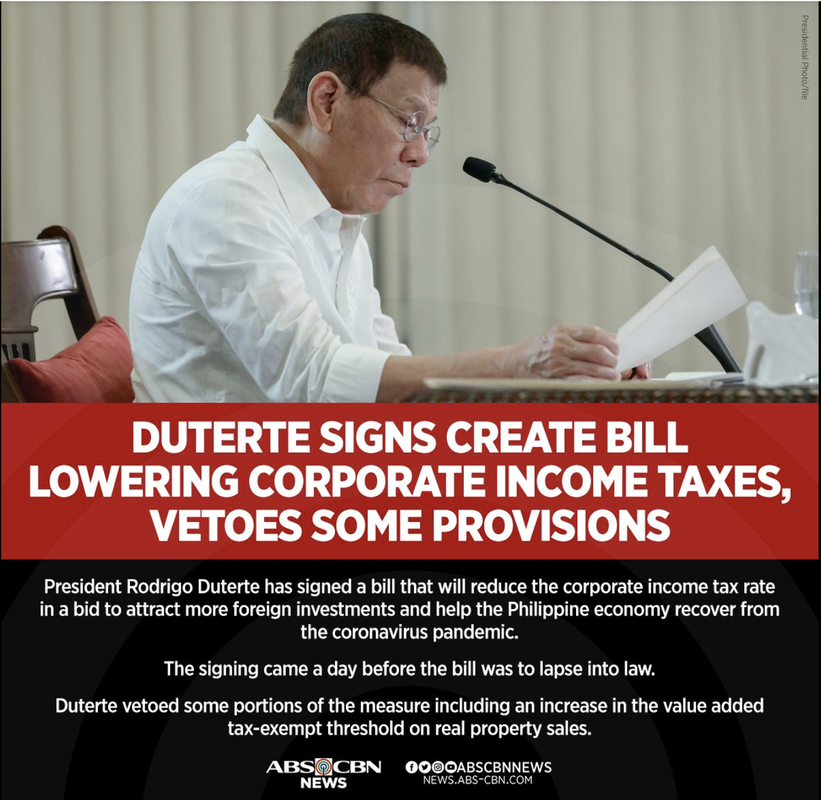
 RSS Feed
RSS Feed

